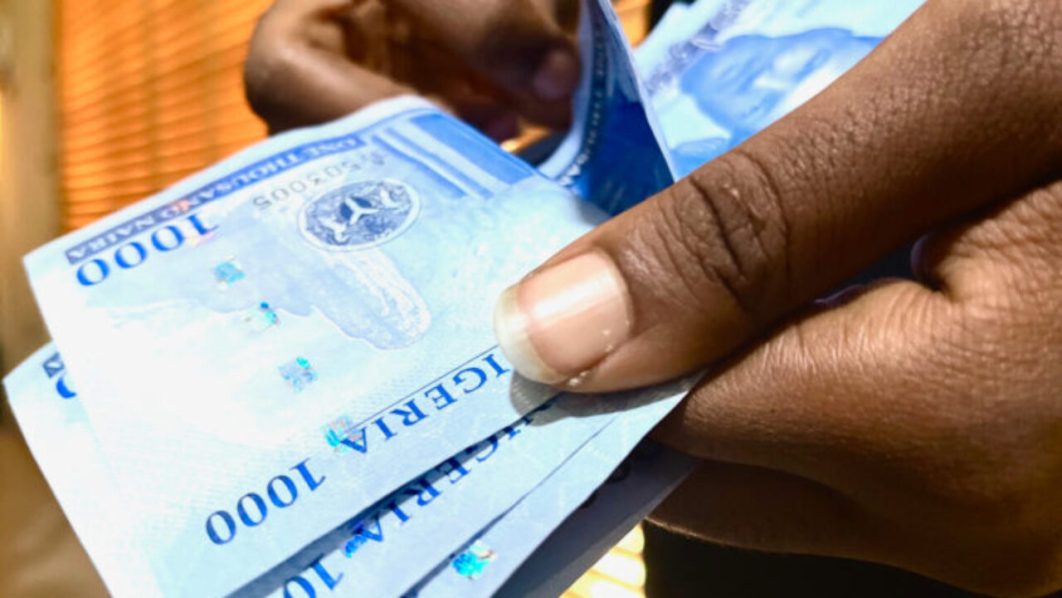
The current uncertainty in the foreign exchange (FX) may persist as businesses expect sustained deprecation due to dollar scarcity and inflation. They, however, express cautious optimism for a potential rebound by May 2025, a sentiment that reflects both immediate economic pressures and longer-term hope for market stabilisation.
This is contained in the findings of the Central Bank of Nigeria’s Business Expectations Survey (BES). This comes, as the value of the naira maintains N1,700 to the dollar at the unofficial market.
The inconsistency in the value of the Nigerian currency also reflects the prices of goods, especially food items, as the cost of most consumables remains high.
As the Yuletide approaches, the business community is finding it hard to make projections that may likely drive consumers’ spending. Traditionally, prices of rice, frozen food and cooking oil shift slightly during the Christmas and New Year period. But that may change this year largely due to the volatile exchange rate.
The report expects the naira to depreciate through November (which is already happening) and into early 2025 due to persistent dollar scarcity, high inflation and lack of clarity about the zero-tax food importation policy.
The report said: “Firms, particularly those reliant on dollar-denominated imports, reported concerns over foreign exchange costs, which continue to pressure operational expenses and cut into profit margins. Expectations on exchange rate (national) respondent firms expect the naira to depreciate in the current month, next month and the next three months. However, they expect appreciation in the next six months”.
It noted that the inconsistency in the value of the naira is expected to affect manufacturers and import-reliant sectors most especially, who also foresee rising expenses for raw materials and other inputs, potentially pushing up consumer prices as they adjust to the difficult currency landscape.
On the brighter side, the survey disclosed that the economy is likely to begin its recovery journey from May next year, which will mostly likely see the naira regain some strength.
In another survey, ‘Inflation expectations survey,’ the overall perception of the current inflation rate shows that most respondents believe the inflation rate is high. It also indicates that this perception is mainly driven by household respondents.
A breakdown of responses by types of settlement shows that urban settlers have a higher inflation perception compared to rural settlers in the current month.
All business types think that the current inflation rate is high, with micro businesses having the highest perception. The survey said all business types think that the current inflation rate is high, with micro businesses having the highest perception.
Another survey tagged ‘Households expectation survey’ on the inflation outlook, said consumers believe that the general price levels of items in the economy will continue to decrease as indicated by an improving trend in their inflation perception over the next six months.
On consumer outlook on planned expenditure, it said households anticipate spending their income on basic expenditure items like food and other household items, education, transportation, electricity, and medical expenses across all periods reviewed.
To most Nigerians, this is not the time to spend their money on cars and houses, with most preferring to focus on basic life necessities such as food, school fees, and medicines.
The survey found: “However, they do not intend to spend a substantial portion of their income on items.” Like the purchase of a house, car/vehicle for the period under review. The Buying Condition Index1 for big-ticket items like consumer durables, motor vehicles, and buildings & landed properties, indicated that most respondents consider the current month unfavourable for purchasing these items.”






